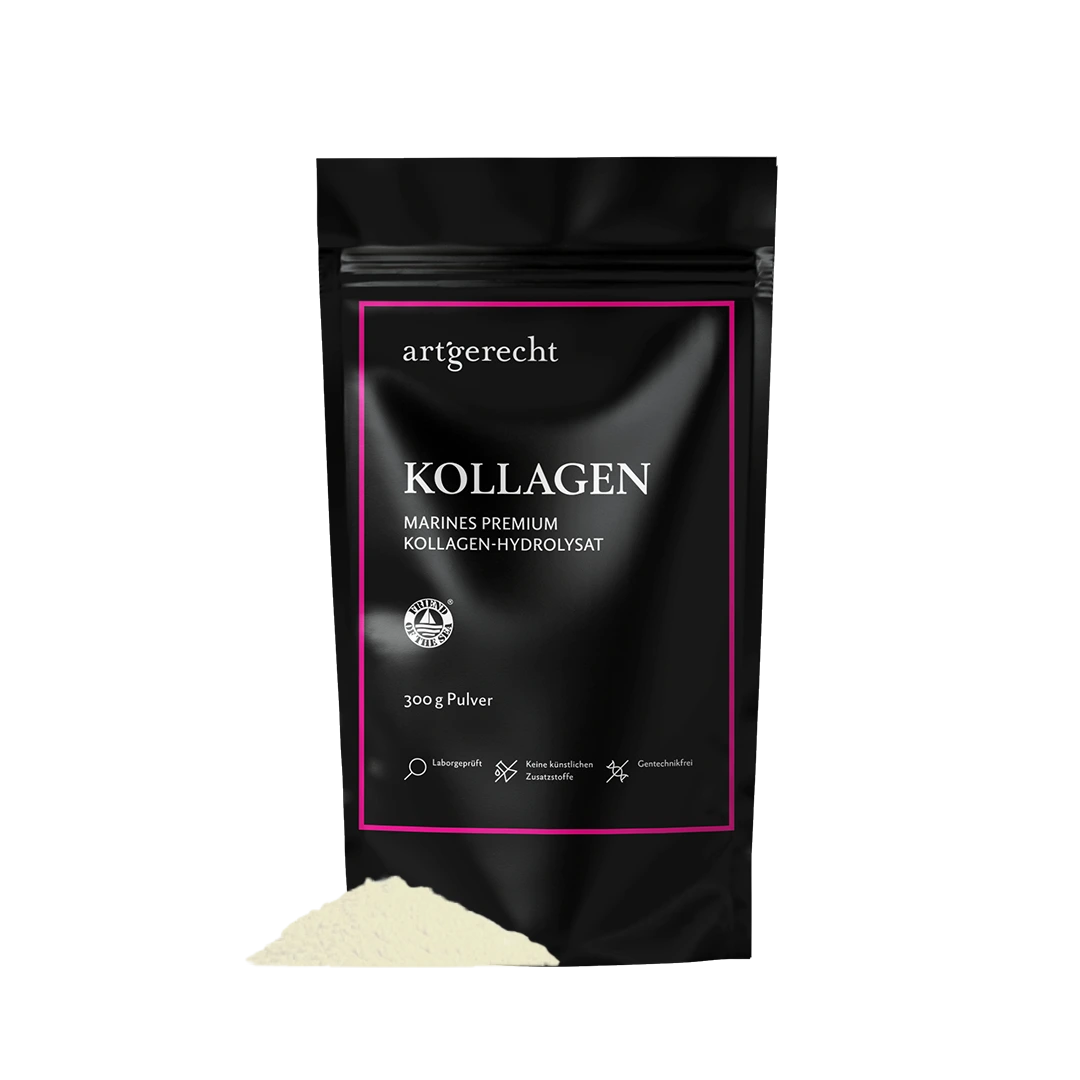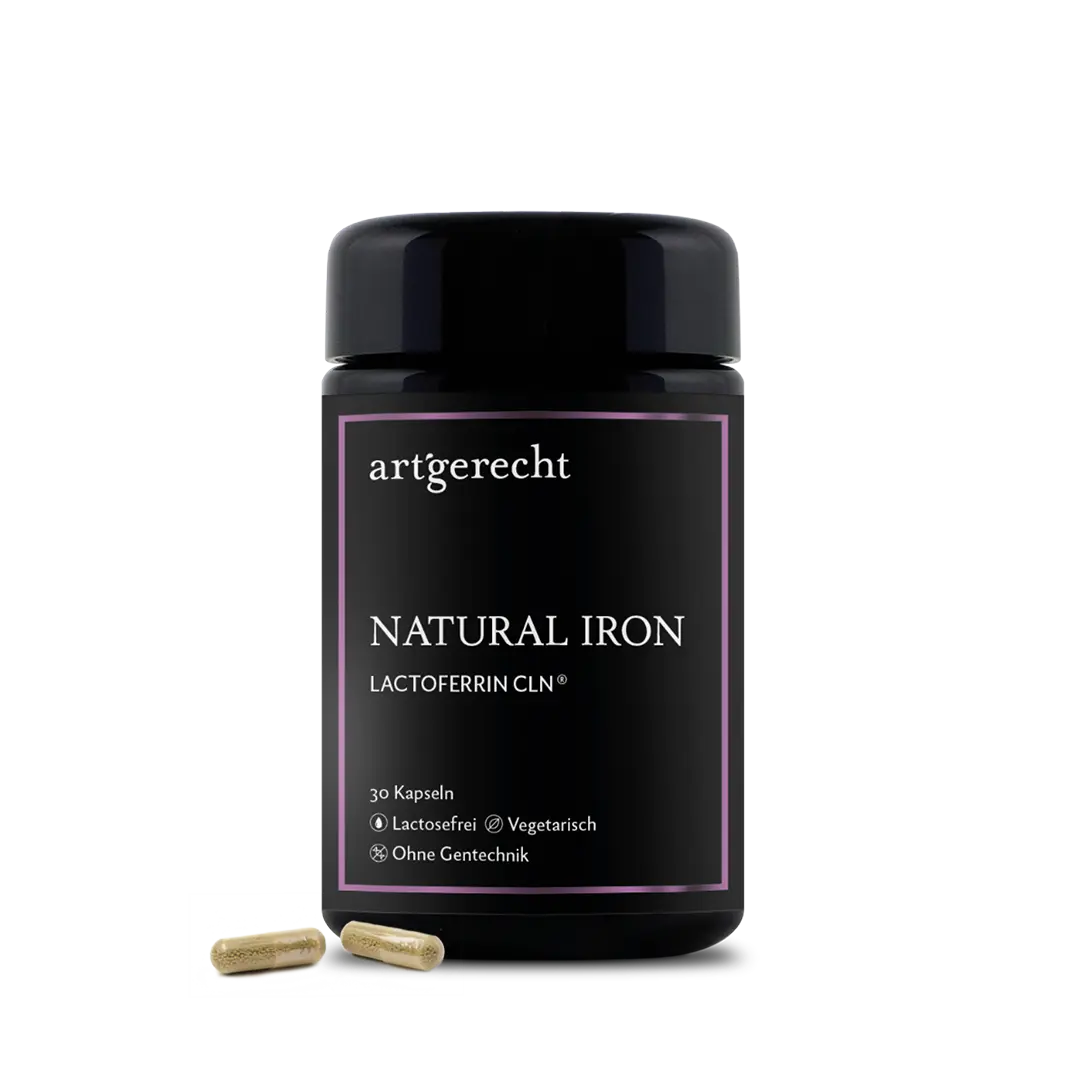Constipation often occurs when traveling, during stress or after eating unfamiliar food. Those affected often have to deal with symptoms such as discomfort, bloating and, under certain circumstances, abdominal pain or cramps. It can sometimes take a few days for the bowels to get back on track. With the right foods and exercise, you can support the intestines in a targeted way.
Which foods are recommended for constipation?
If you frequently or regularly suffer from constipation, a high-fibre diet can help to bring your bowels back into balance. Basically, a high consumption of fruit and vegetables is important in order to absorb more fiber. However, there are different fiber groups, which have a high content in certain foods:
- Fructooligosaccharides: asparagus, garlic, onion, Jerusalem artichoke, honey, banana, tomato, chicory[1]
- Isomaltulose: Honey[2]
- Inulin: Chicory root, Jerusalem artichoke, agave, garlic, jicama, yacon root, onions, bananas, fresh herbs and asparagus. Less common sources of inulin are lion's tooth root, echinacea, burdock root and camas root
- All of these are also considered to be species-appropriate fiber giants: poppy seeds, celery, macadamia, almonds, pistachios, raspberries, hazelnuts, walnuts, blueberries, blackcurrants, blackberries, redcurrants, Brussels sprouts, parsnips, broccoli, green cabbage, fennel, muesli, peppers
At the same time, it is worth consuming more fermented foods, as the bacteria they contain can colonize the intestines and utilize the fibre they contain.
Not to forget, the regular consumption of herbs and spices also helps;herbs and spices, as the digestive effect of fennel and caraway has been known and appreciated for thousands of years. Drinking coffee also has a stimulating effect. However, the effect is no longer as strong if you consume it daily.
Fibre has many functions in our body, from the oral cavity to the large intestine. Based on their functions, they are divided into water-soluble and water-insoluble dietary fibres. Due to their increased swelling capacity (water-binding property), water-soluble dietary fibres help to increase the volume of stool, e.g. in the small intestine, which promotes intestinal movement and thus reduces the passage time of stool in the digestive tract. Non-aqueous dietary fibres, such as resistant starch, also serve as food in the large intestine for the intestinal flora present there. This converts the dietary fibres (including the water-soluble ones) into fatty acids such as butyrate, which in turn serve as food for our intestinal wall cells and support the functions of the intestine, such as the production of mucus.
According to the German Nutrition Society (DGE), it is recommended to consume approximately 30g of fiber per day. If you have a low-fiber diet, you should slowly increase the amount over several weeks and make sure you drink more.[3]
Which nutrients are also associated with healthy digestion?
In addition to sufficient fiber intake, foods containing tryptophan should be integrated into the diet. Tryptophan is an amino acid that is used to produce the neurotransmitter serotonin. Serotonin is known in the brain as our happiness hormone and is responsible in the intestine for stimulating the intestinal movement of the muscles. Bananas, cocoa (dark chocolate) and avocado are excellent sources. This can also be combined with cashew nuts, fish, porcini mushrooms and eggs, which contain the direct precursor of the neurotransmitter. Of course, it is also helpful to have a good vitamin and mineral balance to support the intestines in their function.
What role does lifestyle play?
In fact, our lifestyle plays a decisive role, as our digestion is influenced by many factors in addition to our diet. For example, stress has a very negative effect on our gut. During the stress response, the digestive organs are inhibited (switched off) in their function via the vegetative nervous system (the sympathetic nervous system), so that our intestines become sluggish and stool transportation comes to a standstill. But stress also has a negative effect on us via the hormonal pathway, as the hormone cortisol promotes the reabsorption of water in the large intestine, which is why the stool can be too dry.
In addition, a low fluid intake, too little exercise and even the sitting position when defecating (defecating) and the sufficient chewing of starchy foods have an influence.
What does age have to do with it?
In old age in particular, the feeling of thirst often decreases, the poverty of movement increases, the choice of food narrows (and is therefore often(and therefore often low in fiber), the cortisol release increases and medications are often added, which have the occurrence of constipation as a side effect. It can therefore be said that lifestyle problems often increase with age, which is why the frequency of constipation also increases.
A simple basic recipe for counteracting clogging in a targeted way is:
- Increase movement: Regular cycling and walks, even if they are only short
- Slowly increase the fiber content of your diet
- More self-fermented foodssuch as sauerkraut
- Reduce drinking frequency but maintain the drinking volume at 1.5L-2L
- Reduce everyday stress through regular relaxation techniques (e.g. autogenic training).e.g. autogenic training)
Literature:
- Sangeetha, Ramesh, & Prapulla, 2005
- Lina, Jonker, & Kozianowski, 2002
- Andresen, V., et al: S2k guideline chronic constipation, 2013
Passende Produkte
Kürzlich hinzugefügte Beiträge
-
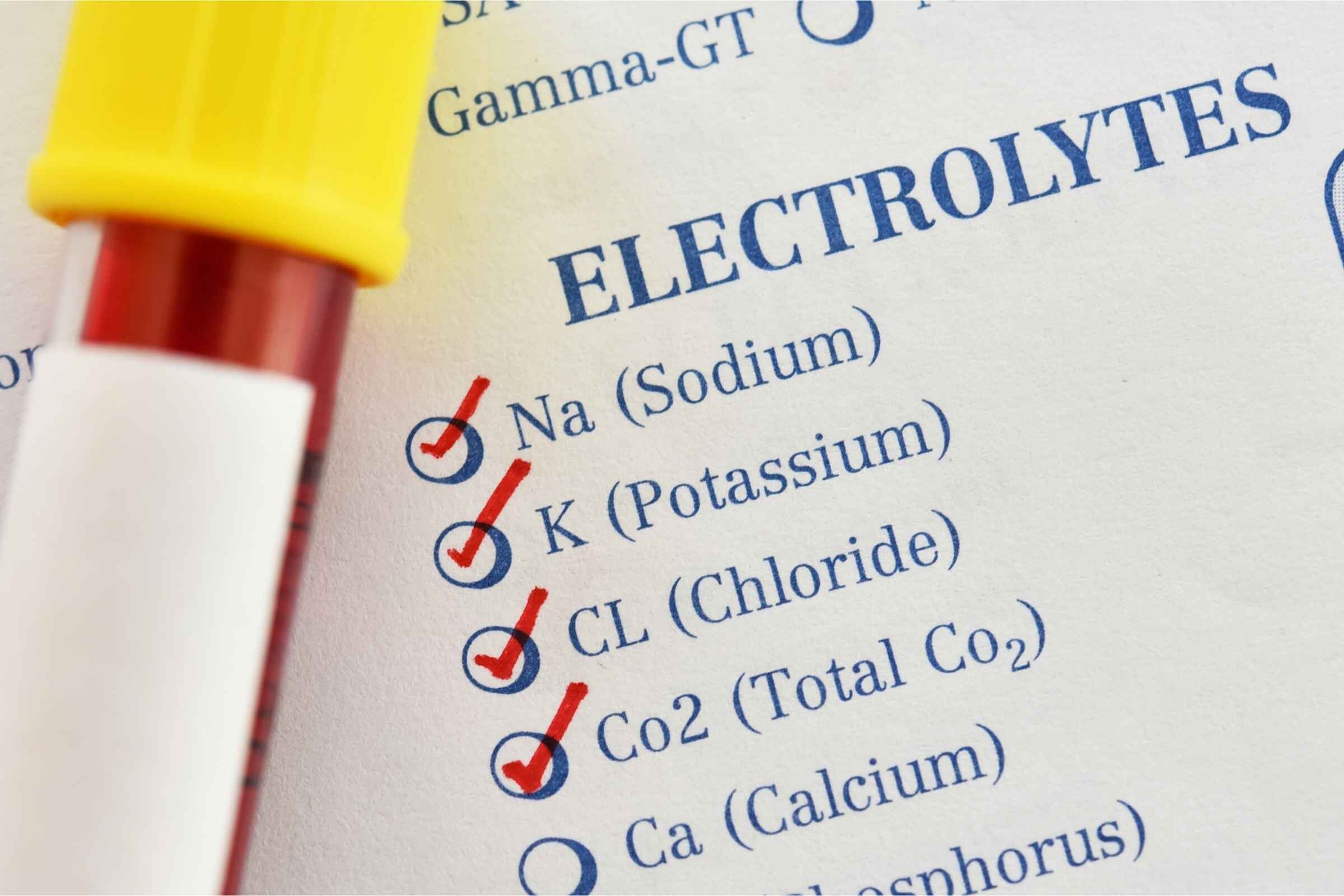 Elektrolyte – Die unsichtbaren Regisseure unseres KörpersElektrolyte steuern lebenswichtige Prozesse wie Muskelarbeit, Nervenfunktion und Flüssigkeitshaushalt. Erfahre, warum sie für Gesundheit und Leistung so entscheidend sind.
Elektrolyte – Die unsichtbaren Regisseure unseres KörpersElektrolyte steuern lebenswichtige Prozesse wie Muskelarbeit, Nervenfunktion und Flüssigkeitshaushalt. Erfahre, warum sie für Gesundheit und Leistung so entscheidend sind. -
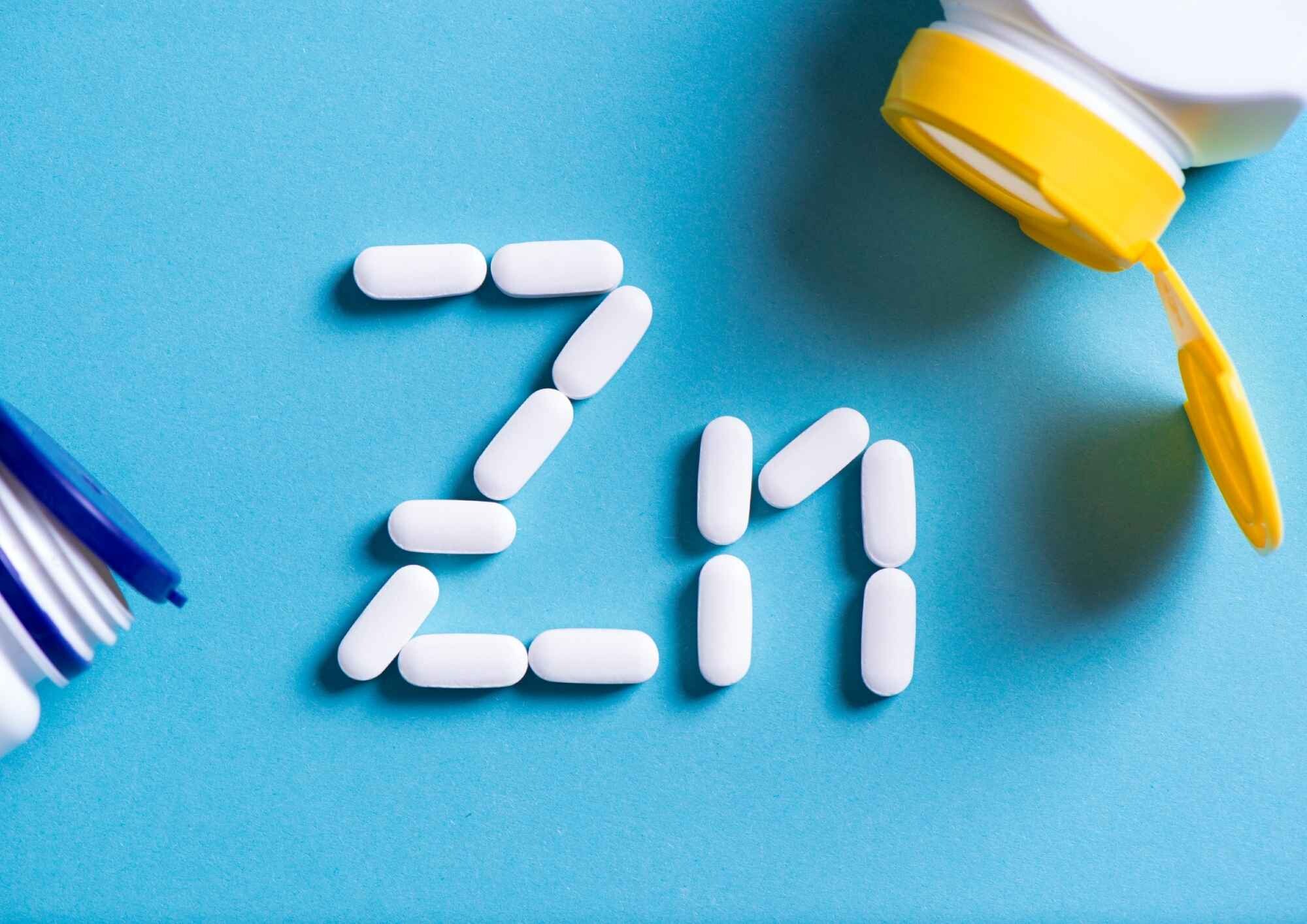 Zink reduziert nachweislich die Krankheitsdauer – Was sagt die Wissenschaft?Zink kann mehr als nur das Immunsystem stärken. Studien zeigen, dass es die Dauer von Erkältungen spürbar verkürzen kann.
Zink reduziert nachweislich die Krankheitsdauer – Was sagt die Wissenschaft?Zink kann mehr als nur das Immunsystem stärken. Studien zeigen, dass es die Dauer von Erkältungen spürbar verkürzen kann. -
 Milk thistle: effect on liver health and detoxificationHow does milk thistle really protect our liver? Find out how silymarin neutralizes free radicals, supports detoxification and what studies say about its effect on fatty liver, hepatitis & co. Find out more now!
Milk thistle: effect on liver health and detoxificationHow does milk thistle really protect our liver? Find out how silymarin neutralizes free radicals, supports detoxification and what studies say about its effect on fatty liver, hepatitis & co. Find out more now! -
 Menopause is not a disease: everything women (and men) should knowHalf of humanity is affected by the menopause. The PRO issue of Health Nerds is all about facts, myths and tips about the menopause.
Menopause is not a disease: everything women (and men) should knowHalf of humanity is affected by the menopause. The PRO issue of Health Nerds is all about facts, myths and tips about the menopause. -
 Allergien und Heuschnupfen – Häufigkeit, Ursachen, Behandlung und PräventionOb Gräser, Pollen oder Hausstaub – Allergien betreffen immer mehr Menschen. Erfahre, warum sie entstehen, welche Therapien helfen und wie Du mit gezielter Vorbeugung die Beschwerden bei Dir oder Deinem Kind langfristig lindern kannst.
Allergien und Heuschnupfen – Häufigkeit, Ursachen, Behandlung und PräventionOb Gräser, Pollen oder Hausstaub – Allergien betreffen immer mehr Menschen. Erfahre, warum sie entstehen, welche Therapien helfen und wie Du mit gezielter Vorbeugung die Beschwerden bei Dir oder Deinem Kind langfristig lindern kannst. -
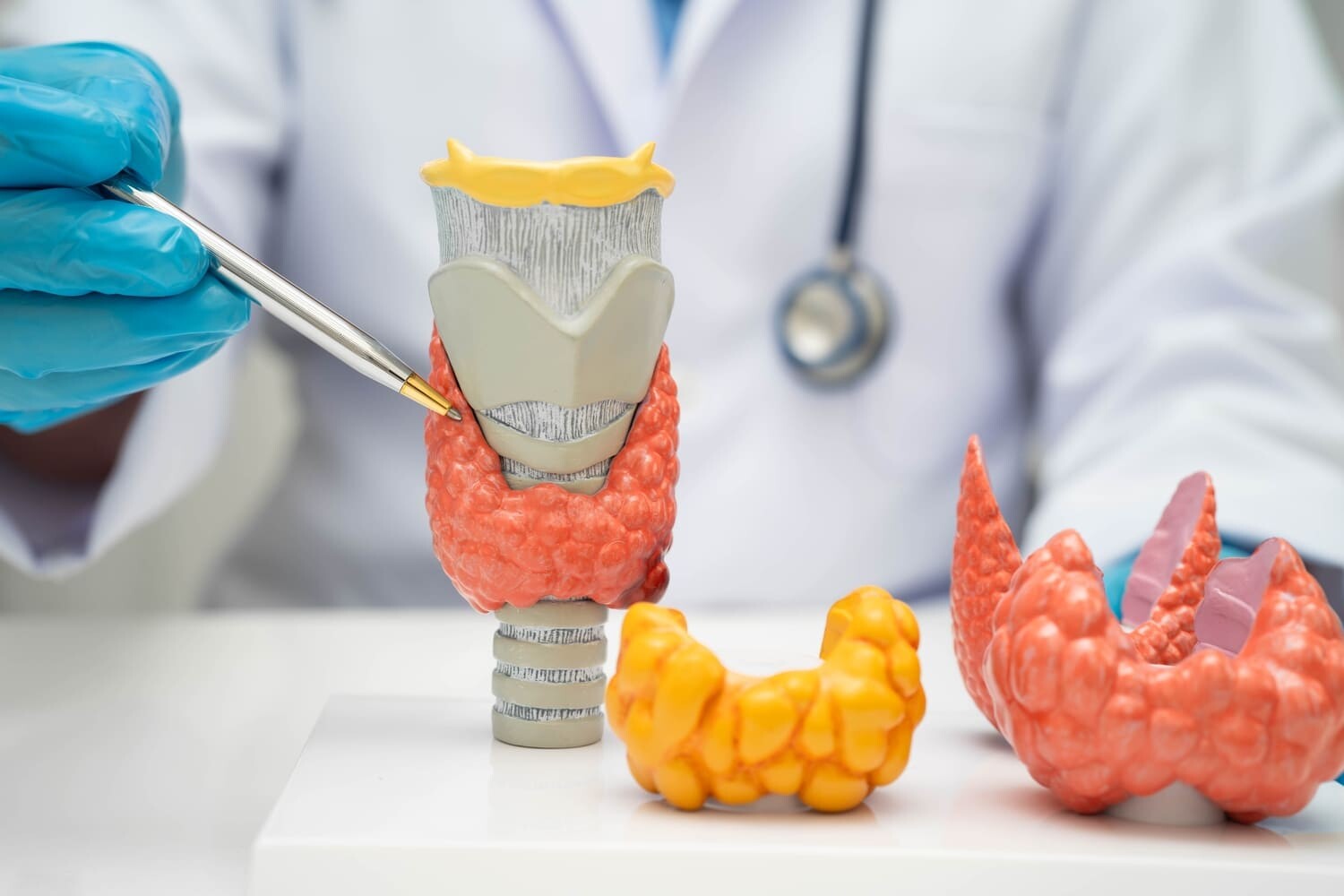 Hypothyreose und Übergewicht: Aktuelle Erkenntnisse und DatenSchilddrüsenunterfunktion und Gewichtszunahme hängen eng zusammen. Dieser Beitrag erklärt, wie Hypothyreose den Stoffwechsel beeinflusst, welche Symptome typisch sind und wie Du Deinen Körper trotz Diagnose unterstützen kannst.
Hypothyreose und Übergewicht: Aktuelle Erkenntnisse und DatenSchilddrüsenunterfunktion und Gewichtszunahme hängen eng zusammen. Dieser Beitrag erklärt, wie Hypothyreose den Stoffwechsel beeinflusst, welche Symptome typisch sind und wie Du Deinen Körper trotz Diagnose unterstützen kannst. -
 Elektrolyte – Die unsichtbaren Regisseure unseres KörpersElektrolyte steuern lebenswichtige Prozesse wie Muskelarbeit, Nervenfunktion und Flüssigkeitshaushalt. Erfahre, warum sie für Gesundheit und Leistung so entscheidend sind.
Elektrolyte – Die unsichtbaren Regisseure unseres KörpersElektrolyte steuern lebenswichtige Prozesse wie Muskelarbeit, Nervenfunktion und Flüssigkeitshaushalt. Erfahre, warum sie für Gesundheit und Leistung so entscheidend sind. -
 Zink reduziert nachweislich die Krankheitsdauer – Was sagt die Wissenschaft?Zink kann mehr als nur das Immunsystem stärken. Studien zeigen, dass es die Dauer von Erkältungen spürbar verkürzen kann.
Zink reduziert nachweislich die Krankheitsdauer – Was sagt die Wissenschaft?Zink kann mehr als nur das Immunsystem stärken. Studien zeigen, dass es die Dauer von Erkältungen spürbar verkürzen kann. -
 Milk thistle: effect on liver health and detoxificationHow does milk thistle really protect our liver? Find out how silymarin neutralizes free radicals, supports detoxification and what studies say about its effect on fatty liver, hepatitis & co. Find out more now!
Milk thistle: effect on liver health and detoxificationHow does milk thistle really protect our liver? Find out how silymarin neutralizes free radicals, supports detoxification and what studies say about its effect on fatty liver, hepatitis & co. Find out more now! -
 Menopause is not a disease: everything women (and men) should knowHalf of humanity is affected by the menopause. The PRO issue of Health Nerds is all about facts, myths and tips about the menopause.
Menopause is not a disease: everything women (and men) should knowHalf of humanity is affected by the menopause. The PRO issue of Health Nerds is all about facts, myths and tips about the menopause. -
 Allergien und Heuschnupfen – Häufigkeit, Ursachen, Behandlung und PräventionOb Gräser, Pollen oder Hausstaub – Allergien betreffen immer mehr Menschen. Erfahre, warum sie entstehen, welche Therapien helfen und wie Du mit gezielter Vorbeugung die Beschwerden bei Dir oder Deinem Kind langfristig lindern kannst.
Allergien und Heuschnupfen – Häufigkeit, Ursachen, Behandlung und PräventionOb Gräser, Pollen oder Hausstaub – Allergien betreffen immer mehr Menschen. Erfahre, warum sie entstehen, welche Therapien helfen und wie Du mit gezielter Vorbeugung die Beschwerden bei Dir oder Deinem Kind langfristig lindern kannst. -
 Hypothyreose und Übergewicht: Aktuelle Erkenntnisse und DatenSchilddrüsenunterfunktion und Gewichtszunahme hängen eng zusammen. Dieser Beitrag erklärt, wie Hypothyreose den Stoffwechsel beeinflusst, welche Symptome typisch sind und wie Du Deinen Körper trotz Diagnose unterstützen kannst.
Hypothyreose und Übergewicht: Aktuelle Erkenntnisse und DatenSchilddrüsenunterfunktion und Gewichtszunahme hängen eng zusammen. Dieser Beitrag erklärt, wie Hypothyreose den Stoffwechsel beeinflusst, welche Symptome typisch sind und wie Du Deinen Körper trotz Diagnose unterstützen kannst. -
 Elektrolyte – Die unsichtbaren Regisseure unseres KörpersElektrolyte steuern lebenswichtige Prozesse wie Muskelarbeit, Nervenfunktion und Flüssigkeitshaushalt. Erfahre, warum sie für Gesundheit und Leistung so entscheidend sind.
Elektrolyte – Die unsichtbaren Regisseure unseres KörpersElektrolyte steuern lebenswichtige Prozesse wie Muskelarbeit, Nervenfunktion und Flüssigkeitshaushalt. Erfahre, warum sie für Gesundheit und Leistung so entscheidend sind. -
 Zink reduziert nachweislich die Krankheitsdauer – Was sagt die Wissenschaft?Zink kann mehr als nur das Immunsystem stärken. Studien zeigen, dass es die Dauer von Erkältungen spürbar verkürzen kann.
Zink reduziert nachweislich die Krankheitsdauer – Was sagt die Wissenschaft?Zink kann mehr als nur das Immunsystem stärken. Studien zeigen, dass es die Dauer von Erkältungen spürbar verkürzen kann. -
 Milk thistle: effect on liver health and detoxificationHow does milk thistle really protect our liver? Find out how silymarin neutralizes free radicals, supports detoxification and what studies say about its effect on fatty liver, hepatitis & co. Find out more now!
Milk thistle: effect on liver health and detoxificationHow does milk thistle really protect our liver? Find out how silymarin neutralizes free radicals, supports detoxification and what studies say about its effect on fatty liver, hepatitis & co. Find out more now! -
 Menopause is not a disease: everything women (and men) should knowHalf of humanity is affected by the menopause. The PRO issue of Health Nerds is all about facts, myths and tips about the menopause.
Menopause is not a disease: everything women (and men) should knowHalf of humanity is affected by the menopause. The PRO issue of Health Nerds is all about facts, myths and tips about the menopause.
Empfohlene Produkte
Holistic support for bones, joints, muscles & skin
For your well-being – inside and outEssential Vitamin for Eyes, Skin, and Immune System
High-Dose Support for Cells & Immune DefenseFor your universal protection
As one of the most valuable proteins in the body, lactoferrin is a natural component of the immune system.For your iron balance
Specially formulated for your iron balance with plant-based curry leaf iron, Lactoferrin CLN®, and natural Vitamin C from rose hips.Holistic support for bones, joints, muscles & skin
For your well-being – inside and outEssential Vitamin for Eyes, Skin, and Immune System
High-Dose Support for Cells & Immune DefenseFor your universal protection
As one of the most valuable proteins in the body, lactoferrin is a natural component of the immune system.For your iron balance
Specially formulated for your iron balance with plant-based curry leaf iron, Lactoferrin CLN®, and natural Vitamin C from rose hips.Holistic support for bones, joints, muscles & skin
For your well-being – inside and outEssential Vitamin for Eyes, Skin, and Immune System
High-Dose Support for Cells & Immune DefenseFor your universal protection
As one of the most valuable proteins in the body, lactoferrin is a natural component of the immune system.For your iron balance
Specially formulated for your iron balance with plant-based curry leaf iron, Lactoferrin CLN®, and natural Vitamin C from rose hips.Holistic support for bones, joints, muscles & skin
For your well-being – inside and outEssential Vitamin for Eyes, Skin, and Immune System
High-Dose Support for Cells & Immune DefenseFor your universal protection
As one of the most valuable proteins in the body, lactoferrin is a natural component of the immune system.For your iron balance
Specially formulated for your iron balance with plant-based curry leaf iron, Lactoferrin CLN®, and natural Vitamin C from rose hips.


